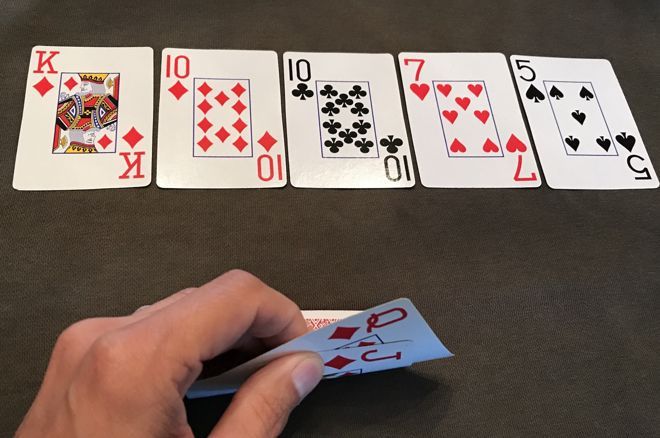
This week we will analyze an article on poker psychology. The authors aim to answer a simple question – how, if at all, does the playing style of poker professionals change after losing or winning a big pot? The hypothesis is that even top-level players can adopt a “break-even” mindset, trying to recover lost chips.
To answer this question, high-level Cash games were observed in the Full Tilt Poker room (blinds $25/$50). The Poker Tracker program was used because it can collect players' hand history even if the table is only being observed. The authors chose this method because information could be collected 24 hours a day for free.
6-max and Heads-Up tables were observed separately, and over several months, more than 200,000 hands were collected at six-player tables and 340,000 hands at two-player tables. The authors chose to closely observe the playing style when at least a 20 BB pot was won or lost. In such cases, the next 12 hands of both the winner and the loser were compared to their usual playing style.

The authors observed that even high-level regular players experience a change in playing style after winning or losing a 20 big blind pot. In most cases, players become looser, call more speculative hands, and play more aggressively than usual when they lose a big pot. The opposite effect can be observed when they win – players tend to become tighter.
One of the authors' observations is a drop in win rate when players start playing more aggressively and loosely. According to their calculations, the average win rate drops by 18 percent. However, the authors note that they cannot provide very accurate data due to a lack of information needed to derive precise statistics.
Doyle Brunson has stated that after big wins, one should play more aggressively to win more from opponents. This idea is confirmed by poker psychology studies and can be easily incorporated into any player's arsenal.





